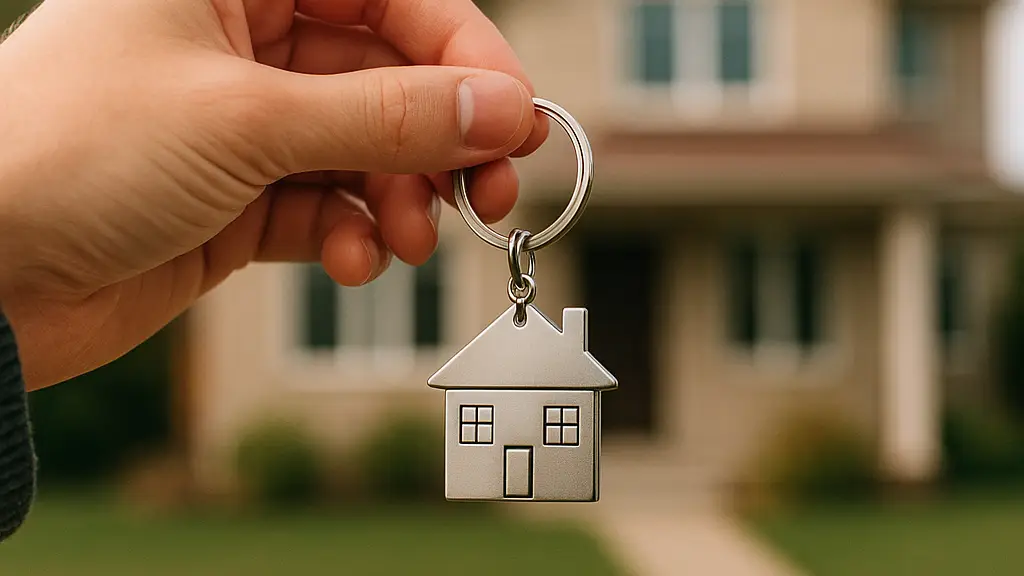Why Real Estate Remains a Strategic Investment in 2026
Purchasing real estate involves a considerable cost, which is why most Belgians turn to a mortgage loan. In an environment where financial markets can be volatile and unpredictable, real estate remains a tangible, historically resilient asset. Over the last decades, this market has generally shown a long-term upward trend, making property acquisition a solid way to build and protect your wealth.

At the same time, mortgage interest rates have experienced periods of historically low levels, allowing buyers to finance their property at competitive conditions. Even if rates fluctuate, a well-structured mortgage loan can optimise the cost of your project, especially when it integrates the 10% deposit, notary fees and credit deed fees.
Real estate therefore represents a stable and potentially lucrative investment on the Belgian market – provided that you anticipate all the costs linked to the transaction and choose the mortgage solution that best matches your financial situation.